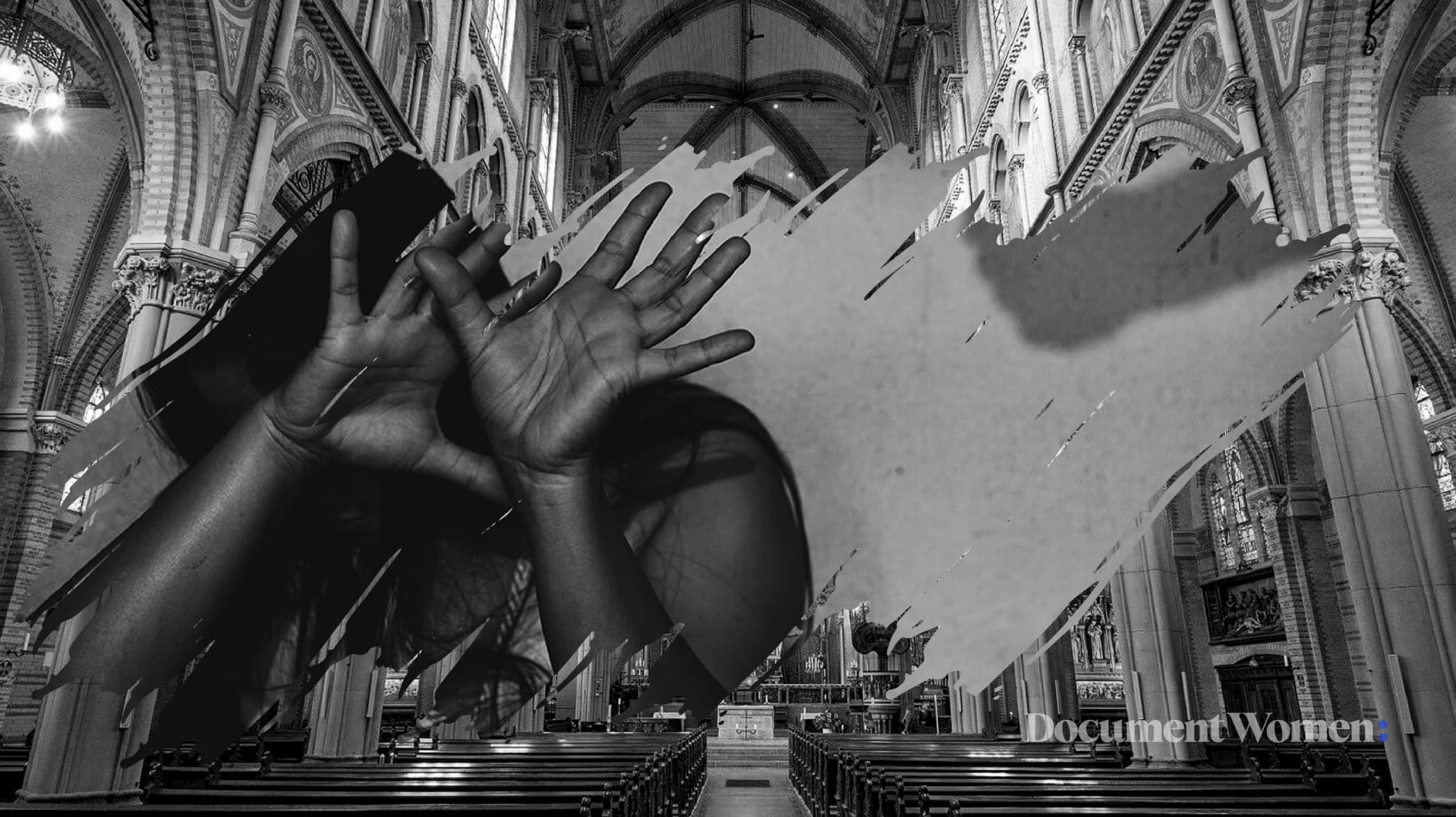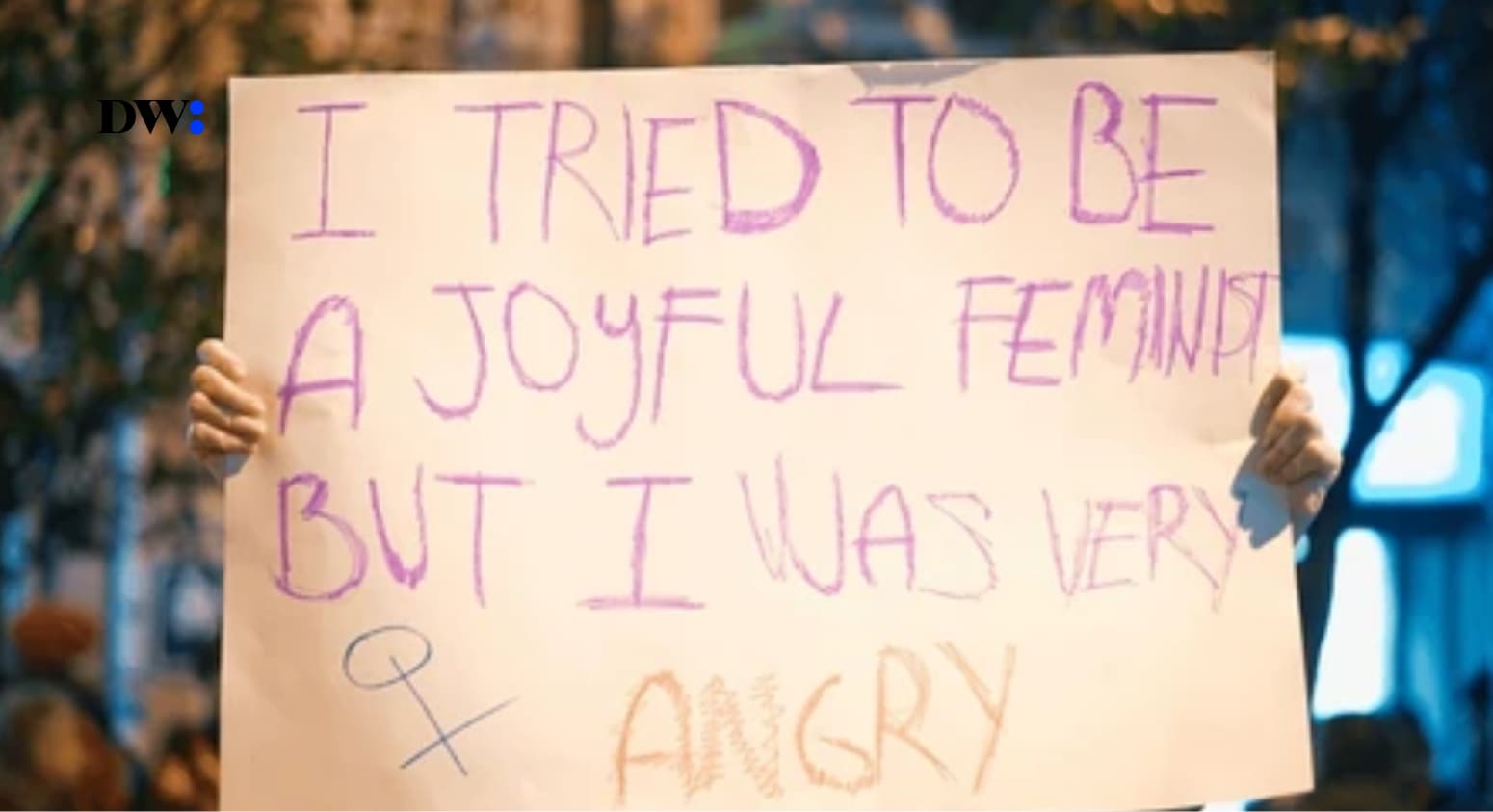It is impossible to divorce institutionalised violence against women from the Christian faith and the church as a body. For what feels like an eternity, Christianity, its doctrines and the church have helped shape harmful sexist narratives while perpetuating grievous harm against women. In the early modern period, the church spearheaded baseless witch hunts that targeted women who did not fit the mould of docility and servility.
This largely prevented the furtherance of medical innovations that help make life easier for women and till today, the church continues to contribute to misogyny and violence against women worldwide, particularly in former colonial countries. There are few institutions with the structural power and influence that the church has and this influence often translates to the imposition of the will of the faith and its adherents even on non-adherents, especially women. Religion is often weaponised as a tool of social control and Christianity is no different.
In mid-1550s Germany, in St Maximin, 500 women were burnt on the suspicion that they practised witchcraft. An astounding feat, considering that the entire population of the place was 2200 people. The inspiration for this violence against women? Before the 1500s, the Catholic Church had a relative monopoly on religion. Anybody with a dissenting thought, view or opinion was termed a heretic and was either forced to convert or kill. Any woman who had an independent thought, displeased those around her, wasn’t “Christian enough” or even took an interest in things considered to be men’s was accused of witchcraft and its variations. In the age of the witch hunts (about 1450-1750) in Europe and colonial America, an estimated 35,000 to 100,000 women were killed.
A particularly damning leftover of colonialism is the inheritance of this practice in many African countries in the name of the Christian god. Tanzania is one of many hubs for this evil practice. An estimated 20,000 people have been killed in the past 20 years because they were accused of being witches. In Nigeria, children are often targeted by these practices. Female or effeminate kids are more commonly targeted with accusations of having sexual spirits and these erroneous and ludicrous notions are furthered by religious institutions.
Ebun was only 14 when some women in her church gathered and invited her mother to prophesy doom concerning her life. “My mum didn’t tell me all this until I graduated. She was very happy that I’d graduated and was congratulating me and then she said that she’d been told that I’d drop out, get pregnant and that I wouldn’t graduate. This was all news to me and I asked her who’d said that.”
Unknown to Ebun, someone had seen her talking to a boy in school and informed her mum about it.
“The girl’s mum went to church and had a meeting with a bunch of older women and then invited my mum to tell her that I had the spirit of harlotry and the spirit of a dog because dogs sleep with their children”.
This is a commonplace replacement for sex education in many Christian homes in Nigeria. According to Ebun, all she’d done at this point in her life was probably a kiss and nothing more. For a teenager that knew nothing about boys, this was a missed opportunity at having “the talk”.
“She also told my mum that at the rate I was going, I’d get pregnant and drop out of secondary school… That’s a very sick thing to say about a child that you claim to care about. That’s just evil packaged as concern and a product of divine inspiration.”
Religion is the opium of the people. Understanding its influence on post-colonial Nigeria, we must examine how the authoritarian and anti-democratic British rule introduced the Christian religion to pre-colonial Nigeria. Women are tasked as enforcers while also being instructed to submit to the will of the church, packaged as the will of God.
“My mum would come home and transfer the aggression of what they’d said to her about me. She’d come home and search my phone, hoping to find something to validate the fear they’d put in her. When I graduated, she apologised and I appreciated that. I just wished she had told me earlier so I’d have shown her how ridiculous it was.”
It doesn’t always work out well in the end for many families. Parents abandon or harm their children and families turn against wives and daughters under the guise of ecclesiastic instruction. To date, no religious institutions have been held accountable for the mass atrocities committed against women and the institutional power they wield ensures that it remains so.





